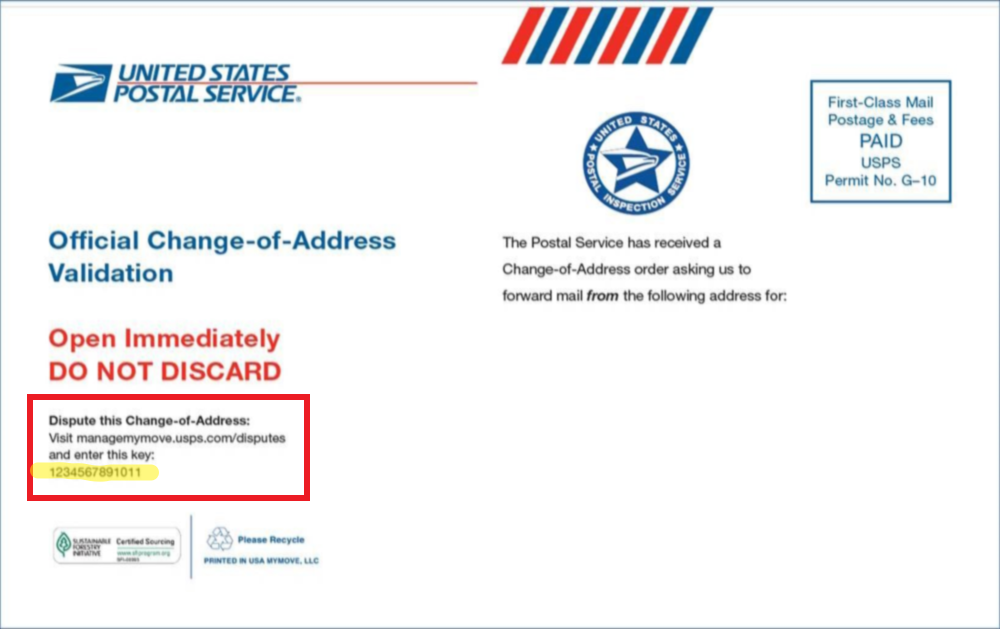1,050% VMware Price Hike: AT&T Sounds The Alarm On Broadcom's Proposal

Table of Contents
The Staggering 1050% VMware Price Increase
AT&T's claim of a 1050% VMware price increase following Broadcom's acquisition proposal has ignited a firestorm. While the exact figures and specific product breakdowns remain partially undisclosed, the sheer magnitude of the reported increase underscores serious concerns about the future of VMware licensing costs for businesses worldwide. This isn't just a minor adjustment; it represents a potential catastrophic increase in operational expenses for many organizations.
This increase impacts different VMware products and customer segments disproportionately. While the exact details remain unclear pending further disclosures, we can assume that commonly used products such as vSphere, vSAN, and NSX are all subject to significant increases. Small and medium-sized businesses (SMBs), often operating on tighter budgets, will likely feel the pinch far more severely than large enterprises.
- Specific examples of inflated licensing costs: While specific numbers are still emerging, reports suggest increases impacting essential elements of the VMware ecosystem across the board. This lack of transparency from Broadcom further fuels concerns about the potential for hidden cost increases.
- Impact on SMBs vs. large enterprises: SMBs, with their often limited IT budgets and fewer negotiating capabilities, face a greater risk of being priced out of the market or forced into drastic cost-cutting measures. Large enterprises, while also affected, possess more resources to negotiate or explore alternatives.
- Comparison to historical VMware pricing trends: This reported increase far surpasses any historical VMware price adjustments, indicating a significant shift in pricing strategy potentially driven by the acquisition. It's a stark departure from past practices, causing widespread apprehension.
AT&T's Public Opposition and Concerns
AT&T's vocal opposition to Broadcom's acquisition stems directly from this massive VMware price hike. Their public statements express deep concern about the potential monopolistic practices and the stifling impact on competition within the virtualization market. The telecommunications giant, a significant VMware customer, is clearly signaling the potential for significant financial hardship and impacting their competitiveness.
The potential antitrust implications are significant. Such a dramatic price increase could lead to investigations by regulatory bodies in various jurisdictions, focusing on whether the acquisition and subsequent price hike constitute anti-competitive behavior. AT&T’s actions serve as a warning to other businesses and potentially trigger wider regulatory scrutiny.
- Key quotes from AT&T's statements: AT&T has stressed the detrimental impact on their operations and the wider market, highlighting the unfair advantage Broadcom’s control would create. Their statements have been widely publicized and analyzed by industry experts.
- Explanation of AT&T's dependence on VMware products: AT&T's reliance on VMware underscores the vulnerability of businesses heavily invested in the platform. Their public stance reinforces the widespread concern felt across various industries.
- Potential legal challenges: The possibility of legal action from AT&T or other affected parties looms large, suggesting the intensity of the opposition to the acquisition and its associated VMware price hike.
Broadcom's Response and Future Implications
Broadcom's response to AT&T's concerns has been relatively muted, offering little concrete reassurance. Their justifications for the price increase, when offered, have been vague and haven't addressed the core issue of the magnitude of the increase. This lack of transparency only further fuels suspicion and exacerbates anxieties in the market.
The long-term implications are deeply concerning. The potential for further price increases on other Broadcom products, coupled with reduced competition in the virtualization market, creates a climate of uncertainty and potentially higher costs for businesses across various sectors. This monopolization could significantly stifle innovation and limit options for businesses seeking virtualization solutions.
- Broadcom's justification for the price increase: The justification provided by Broadcom is largely insufficient, raising doubts about their commitment to fair pricing and competition.
- Potential for further price increases: The fear of future price increases on other Broadcom products casts a long shadow over the future of enterprise software pricing.
- Impact on competition: The acquisition's potential to stifle competition and limit choice represents a significant threat to the wider virtualization landscape.
Alternatives and Mitigation Strategies for Businesses
Faced with the potential for a crippling VMware price hike, businesses need to actively explore alternatives and develop mitigation strategies. This isn't merely about reacting to a price increase; it's about securing long-term IT infrastructure resilience and avoiding vendor lock-in.
Cost-saving measures and negotiation tactics are crucial. Businesses should carefully review their current VMware licensing agreements, identify areas for optimization, and leverage their negotiating power to secure more favorable terms. Open-source alternatives and cloud-based solutions offer viable alternatives worth considering.
- List of alternative virtualization solutions: Open-source platforms like Proxmox VE, OpenStack, and oVirt offer compelling alternatives, providing significant cost savings and increased flexibility. Cloud providers like AWS, Azure, and GCP provide various virtualization options.
- Strategies for negotiating VMware licensing agreements: Businesses should meticulously examine their consumption patterns, explore enterprise agreements, and strategically negotiate licensing terms to minimize costs.
- Methods for optimizing VMware resource utilization: Optimizing resource utilization—through things like right-sizing VMs and efficient storage management—can significantly reduce licensing costs.
Conclusion
AT&T's alarm over the potential 1,050% VMware price hike following Broadcom's proposed acquisition highlights a critical issue: the potential for significant cost increases and reduced competition in the enterprise software market. The impact on businesses of all sizes, particularly SMBs, is substantial, forcing a reassessment of virtualization strategies and prompting the exploration of alternative solutions. This situation necessitates proactive planning and decisive action.
Businesses relying on VMware should carefully analyze their licensing agreements, explore alternative virtualization solutions like open-source options or cloud-based services, and prepare for potential substantial price increases. Stay informed on the evolving situation surrounding the Broadcom-VMware merger and the associated VMware price hike. Actively monitor developments and consider your options to mitigate the potential financial impact of this significant VMware price hike. Don't let this VMware price hike catch you off guard – take action today.

Featured Posts
-
 Kelowna Bear Spray Incident Victims Speak Out On Halloween Night Assault
May 19, 2025
Kelowna Bear Spray Incident Victims Speak Out On Halloween Night Assault
May 19, 2025 -
 Royal Mail Address Change Quick And Easy Instructions
May 19, 2025
Royal Mail Address Change Quick And Easy Instructions
May 19, 2025 -
 Paige Bueckers U Conn Huskies Legend Honored
May 19, 2025
Paige Bueckers U Conn Huskies Legend Honored
May 19, 2025 -
 Tony Todds Last Performance New Final Destination Bloodline Trailer Breakdown
May 19, 2025
Tony Todds Last Performance New Final Destination Bloodline Trailer Breakdown
May 19, 2025 -
 Sinner Em Hamburgo Volta As Competicoes Apos Caso De Doping
May 19, 2025
Sinner Em Hamburgo Volta As Competicoes Apos Caso De Doping
May 19, 2025
